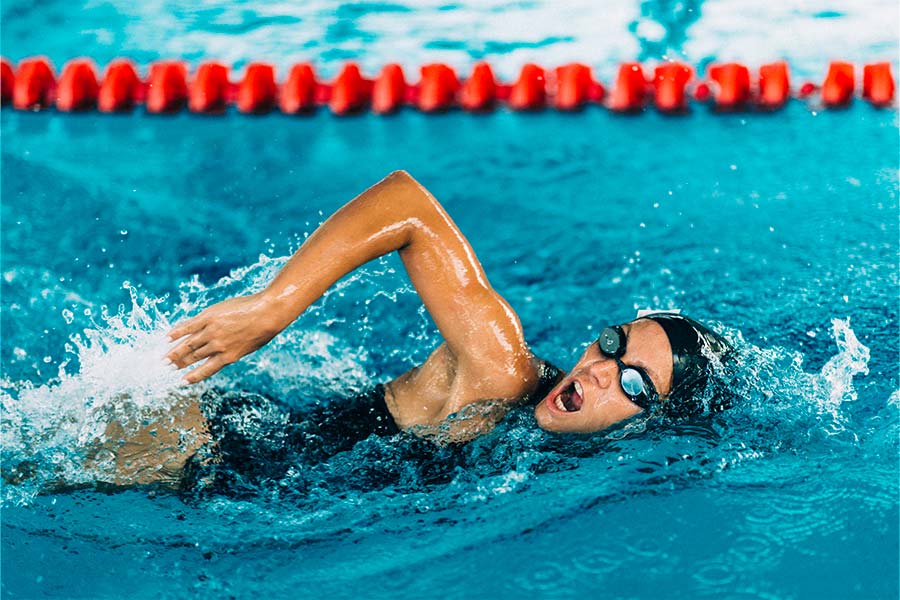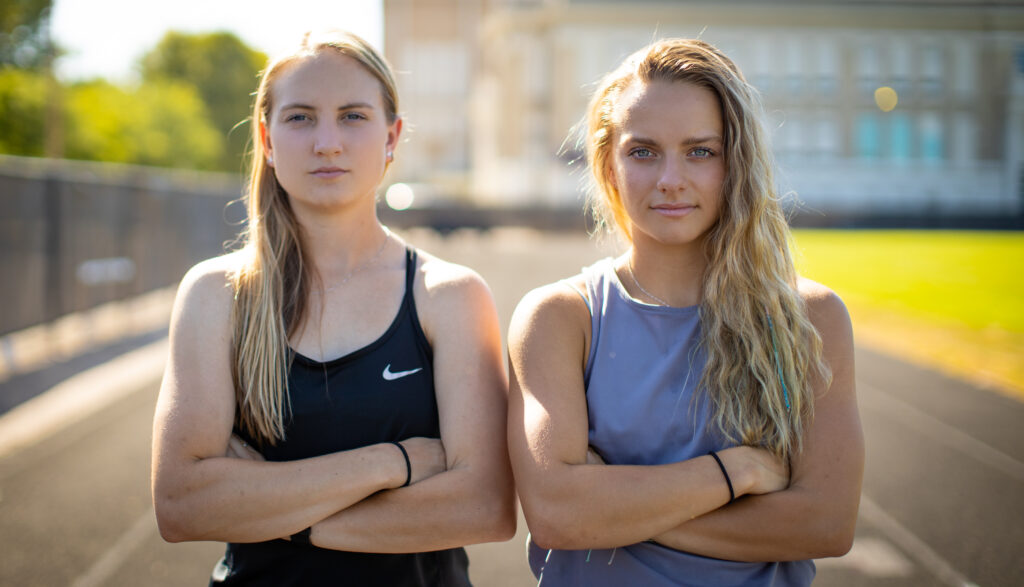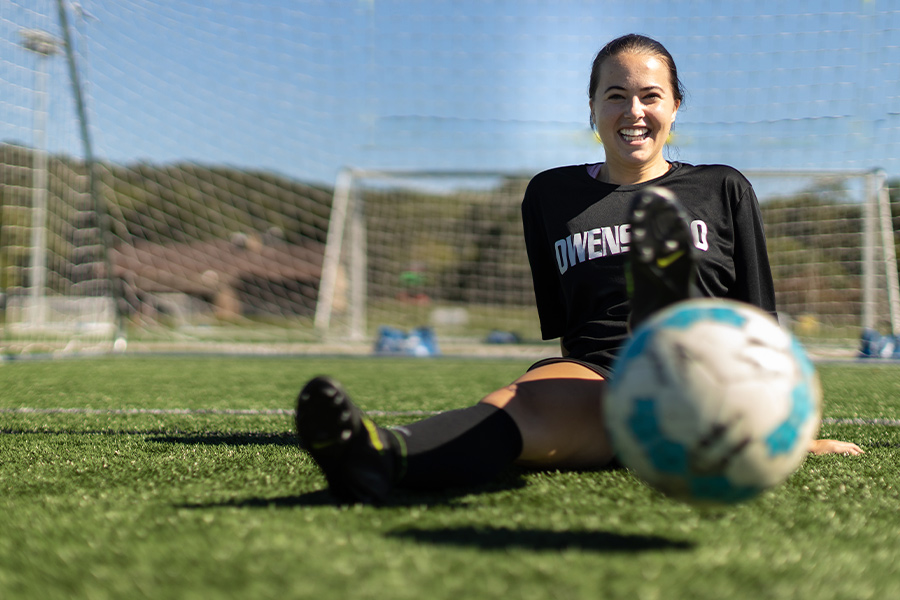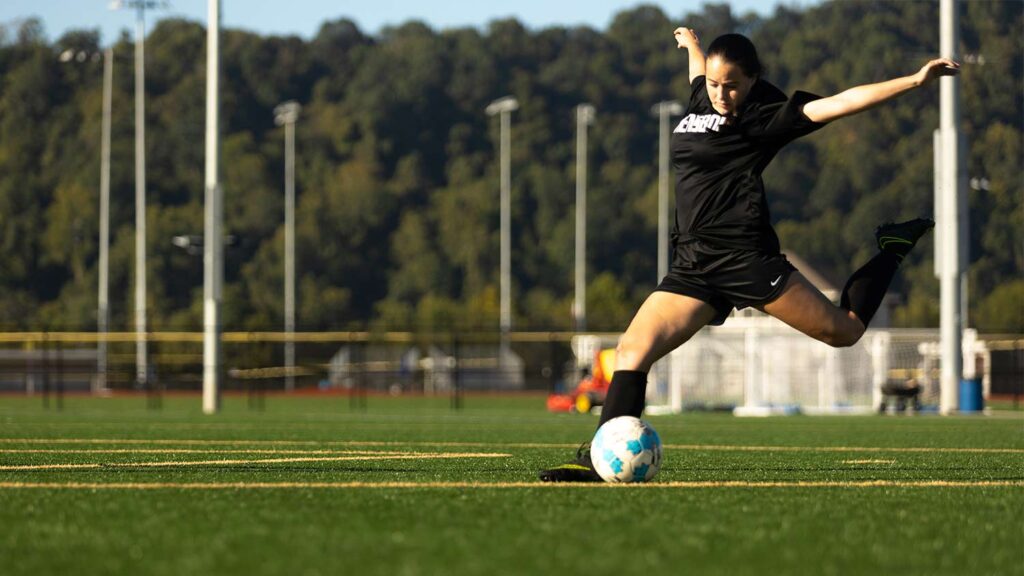
“It has been two years and nothing happened … When will we change things if it’s not now?”
These are the words of Réka György, a former collegiate female swimmer. Unless you closely follow college swimming, you may not have heard of her.
Réka is a two-time conference swimming champion from Virginia Tech who specialized in the 500-yard freestyle event. In 2022, during her fifth year in college, she placed 17th in the 500-yard freestyle race at the NCAA Women’s Division I Swimming and Diving Championships. Unfortunately for Réka, only the top 16 contenders advance to the finals. Even more unfortunate, though, is that one of the top 16 women’s spots was taken by a man, Lia Thomas.
Lia (formerly Will) Thomas was a swimmer from the University of Pennsylvania who competed in the men’s division from 2017 to 2020. After two years of testosterone suppression, Thomas was allowed to switch to the women’s team. In 2022, Thomas won the 500-yard freestyle title in the women’s category, beating three Olympic medalists by a second and a half.
Lost opportunities and honors
Because the NCAA allowed a man to compete in women’s swimming events, Réka was deprived of the opportunity to compete in the 500-yard freestyle final. She will never get that opportunity back.
And she’s not alone.
Riley Gaines is another female swimmer who competed against Thomas in 2022. At the NCAA championships, she tied Thomas for 5th place in the 200-yard freestyle event, but only Thomas was allowed to hold the 5th-place trophy during the awards ceremony. Riley was told that her trophy would come in the mail.
Riley and other swimmers were also forced to allow Thomas into their changing room. The female swimmers were exposed and vulnerable in front of a 6-foot-1 man who was fully undressed, exposing his naked body to the women in the locker room.
Because of the harms caused by the NCAA’s policy of letting men compete in women’s sports and use women’s locker rooms, Réka, Riley, and over a dozen other female athletes have filed a class action lawsuit against the NCAA for violating Title IX.
Women are standing together
A rising chorus of female athletes—including several ADF clients—is calling the sports world and government officials to account.
- Selina Soule, Chelsea Mitchell, Alanna Smith, and Ashley Nicoletti are challenging a policy in Connecticut that allows males to compete in the female category. All four have spent years and hundreds of hours training for the chance to be the very best, to be recognized as champions, and to compete for college scholarships. All have lost out on opportunities and honors as a result of having to compete against male athletes.
- In Idaho, Madison Kenyon and Mary Kate Marshall competed on the women’s cross-country and track teams at Idaho State University. In the fall of 2019, they repeatedly raced against and lost to a male athlete who, while competing on the men’s team in the previous three years, had posted times that were faster than the women’s national records. After the ACLU filed a lawsuit challenging Idaho’s Fairness in Women’s Sports Act, ADF intervened on behalf of Madison and Mary Kate to defend Idaho’s law, which would ensure that only female athletes compete on female sports teams.
- And ADF is representing former collegiate soccer player Lainey Armistead as she intervenes in a similar lawsuit in West Virginia to defend that state’s law protecting women’s sports.
Combined, ADF’s clients have lost dozens of medals, awards, recognitions, and opportunities to advance to championship matches because they were forced to compete against male athletes.
Why are these lawsuits important?
Men and women are different, and their physical differences give men athletic advantages in nearly all sports. Scientific research continues to acknowledge this reality.
Governments and organizational bodies like the NCAA need to be held accountable for the many harms caused by allowing men to compete in women’s sports, from lost recognitions and honors to privacy and safety violations. Laws and policies must protect women’s athletic opportunities by ensuring girls and women are not forced to compete against boys and men.




